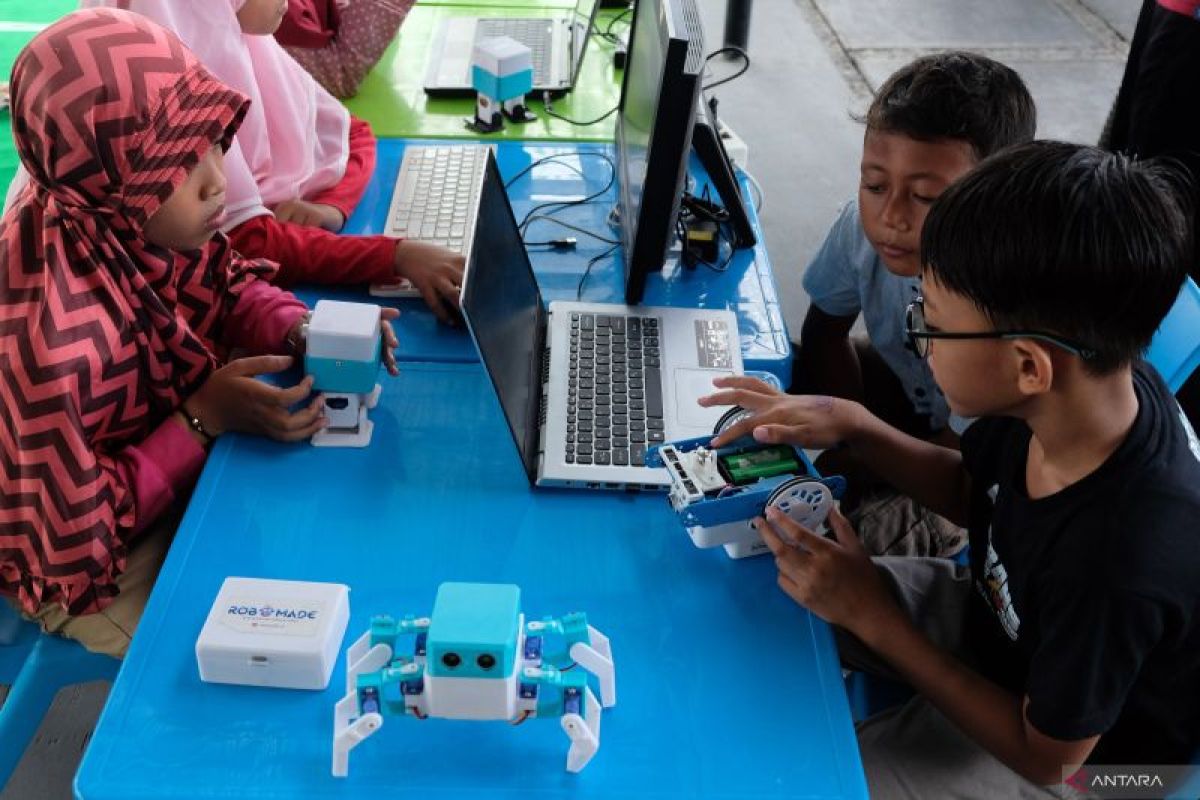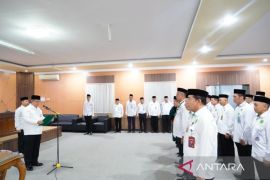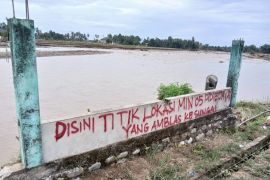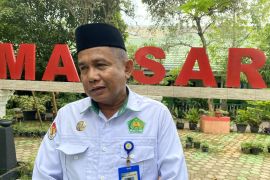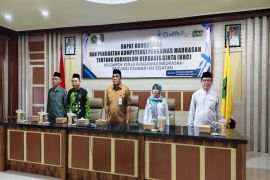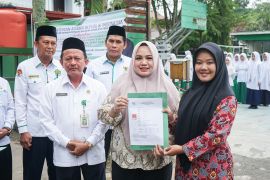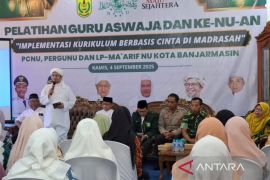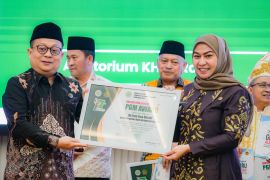Jakarta (ANTARA) - Islamic schools, or madrasahs, in Indonesia will follow the Primary and Secondary Education Ministry's plan on incorporating artificial intelligence (AI) and coding into the list of subjects offered to elementary pupils, the Religious Affairs Ministry stated.
"In principle, we, at the madrasah, will follow the policy that will be implemented by the Ministry of Primary and Secondary Education," Religious Affairs Ministry's Director of Madrasah's Curriculum, Facilities, Institutions, and Student Affairs Sidik Sisdiyanto remarked in Jakarta on Thursday.
Sisdiyanto noted that he and Vice President Gibran Rakabuming Raka share the same view on the importance of equipping Indonesian young talents with skills in AI utilization and coding to help Indonesia keep up with modern-day challenges.
The official expressed optimism that the teaching of the two proposed subjects would result in Indonesia producing more globally competitive talents that master technologies.
"We need to give rise to a generation of talents capable of mastering information technology. However, it is vital that we pay close attention to the availability of the requisite facilities, infrastructure, and teachers at Islamic schools," he remarked.
Considering Islamic schools' limited resources, he believes it would be more prudent for the government to designate AI and coding as optional subjects rather than compulsory.
Meanwhile, Minister of Primary and Secondary Education Abdul Mu'ti explained that his side plans to instruct schools to offer AI and coding only as elective subjects.
Speaking at an event at Pamulang University in South Tangerang, Banten, on Thursday, the minister noted that the plan, to be implemented starting from fourth grade in elementary schools, is still under review.
Mu'ti confirmed that the government would not compel all schools to implement the policy, considering the limitation in the required resources.
Related news: Education ministry to prepare AI and coding school subjects
Related news: Ministry expedites use of AI to broaden access to higher education
Translator: Asep F, Tegar Nurfitra
Editor: Rahmad Nasution


